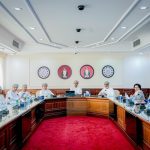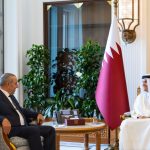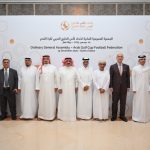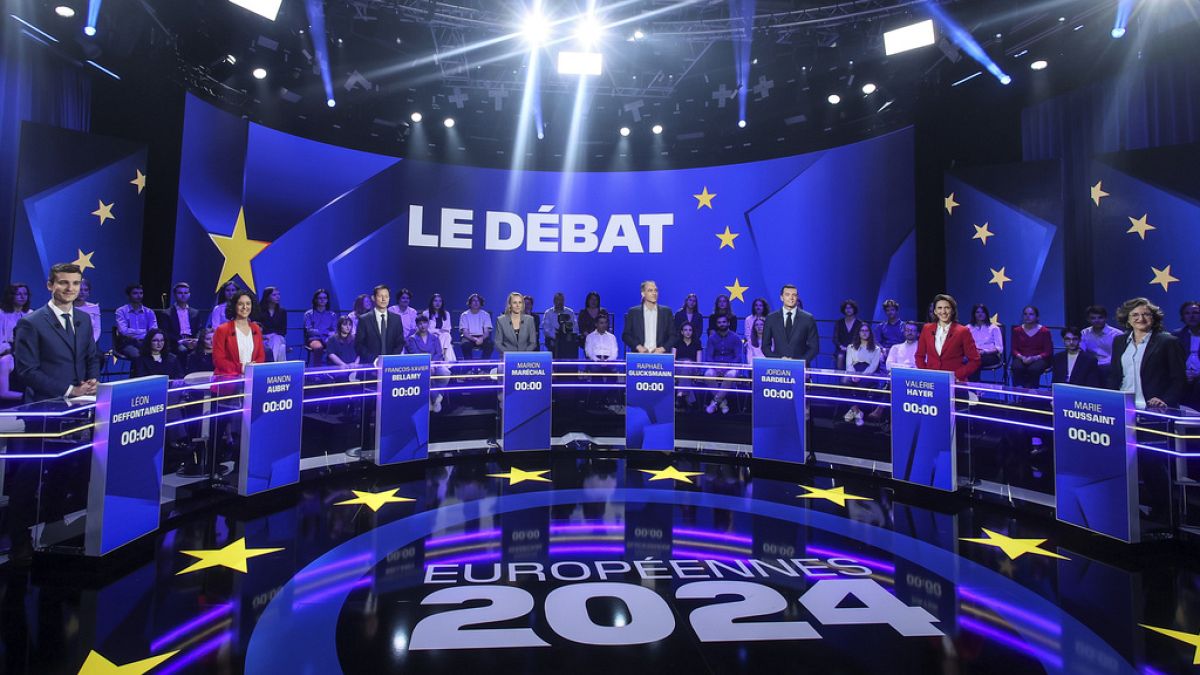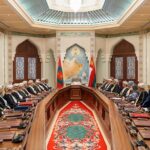Less than two weeks before the European elections, eight French candidates participated in a heated debate on the French news channel BFMTV. The candidates, representing a wide range of political parties, discussed divisive themes such as immigration, agriculture, and the war in Ukraine. National Rally’s Jordan Bardella, leading in pre-election polls, was joined by candidates from parties such as Renaissance, Place Publique, La France Insoumise, Les Républicains, Reconquête, the Green party, and the Communist party. The clash offered viewers insights into the candidates’ positions on important issues facing France and the EU.
The debate touched on inflation and agriculture, with candidates offering differing perspectives on how to address these challenges. The candidates discussed the impact of inflation on French citizens, with far-right candidate Bardella proposing that France should exit pricing regulations at the European level, particularly for energy prices. Socialist candidate Glucksmann proposed reforms to the common agricultural policy to support small farmers and advocated for a tax on the highest incomes in Europe. The discussion highlighted the candidates’ varying approaches to addressing economic issues facing France.
Another key topic of debate was the end of diesel cars and the war in Ukraine. Some candidates expressed opposition to the EU Parliament’s decision to ban diesel cars by 2035, citing concerns about potential consequences such as increased dependence on Chinese technology. The candidates also discussed France’s role in the war in Ukraine, with differing opinions on the level of support Europe should provide to the country. The debate offered a platform for candidates to share their perspectives on important global issues impacting France and the EU.
The Palestine recognition and immigration were also contentious topics during the debate, with candidates offering contrasting views on how to address these issues. The question of recognizing the existence of a Palestinian state prompted diverse responses from the candidates, reflecting a range of opinions on the matter. The debate also delved into immigration policy, with candidates proposing measures such as building physical barriers at Europe’s borders to combat illegal immigration. The discussion highlighted the candidates’ differing approaches to addressing complex issues such as immigration and international relations.
Overall, the debate provided voters with an opportunity to see the candidates from various political parties engage in a lively discussion about important issues facing France and the EU. The clash showcased the diversity of perspectives within the French political landscape, offering viewers insights into each candidate’s platform and priorities. As the European elections draw near, the debate served as a platform for candidates to present their positions on critical issues and engage with voters on topics of significance to the future of France and the EU. It remains to be seen how the outcomes of the debate will influence voter perceptions and the ultimate results of the upcoming elections.
In conclusion, the debate among the eight French candidates highlighted the diversity of perspectives within the political landscape and provided voters with valuable insights into each candidate’s platform and priorities. The clash covered a wide range of topics, from economic issues such as inflation and agriculture to global challenges such as the war in Ukraine and immigration policy. As the European elections approach, voters will have the opportunity to consider the candidates’ positions on these critical issues and make informed decisions at the polls. The debate served as a platform for candidates to engage with voters, showcase their policies, and present their visions for the future of France and the EU. It is clear that the outcomes of the debate will play a significant role in shaping voter perceptions and influencing the results of the upcoming elections.


